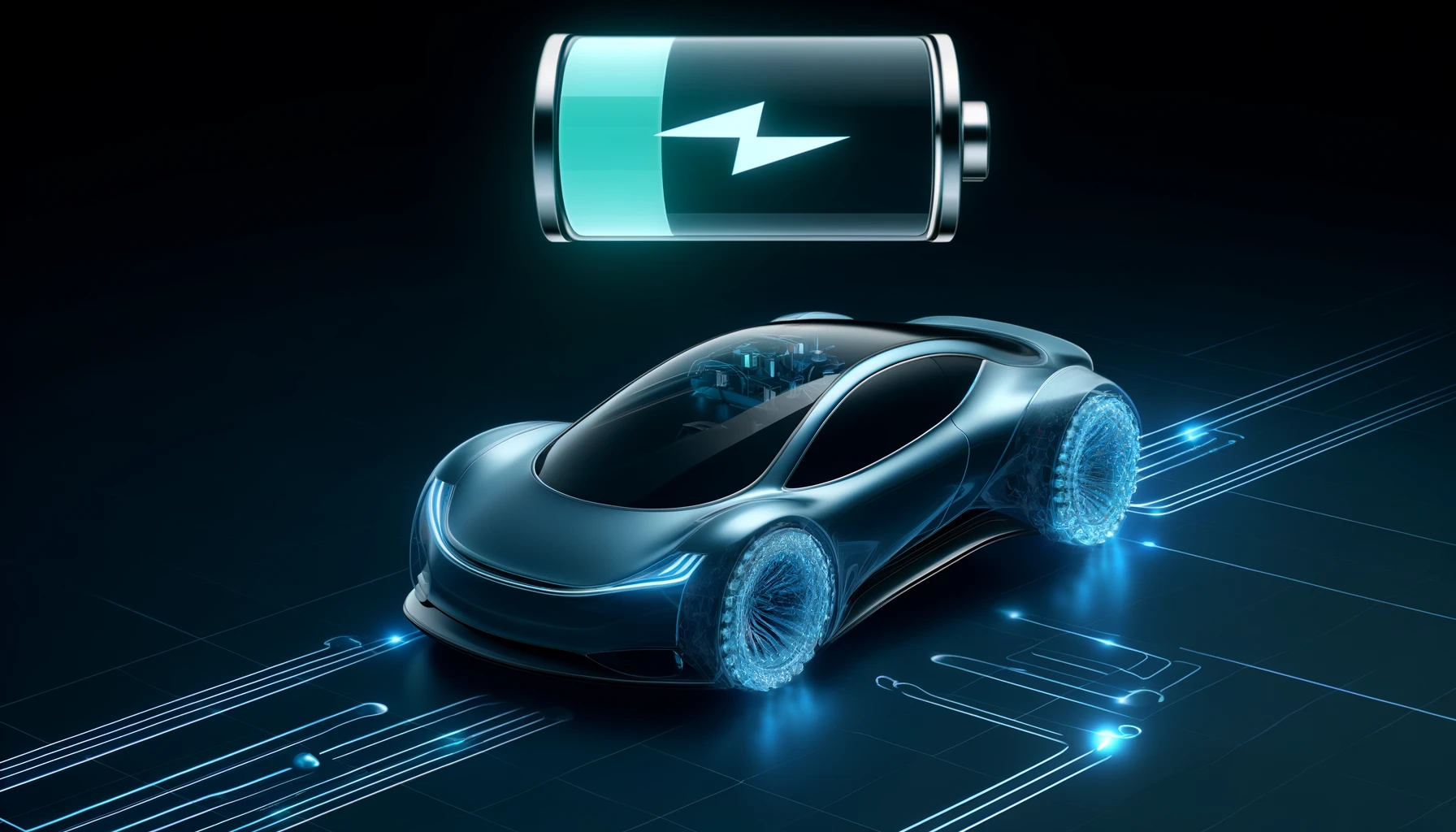New Direction in Battery Technology
Bedrock Materials, a battery startup led by Spencer Gore, is making headlines by targeting gas-powered vehicles for its initial sodium-ion battery deployment. Contrary to the trend of focusing on electric vehicles (EVs), Bedrock aims to replace the traditional 12-volt lead-acid batteries prevalent in fossil-fuel cars with its innovative sodium-ion batteries. This decision is rooted in the vast and relatively untapped market of conventional car batteries, which still heavily rely on 150-year-old technology.

The Rationale Behind the Shift
Gore’s strategy is grounded in practicality and market dynamics. While the EV battery market is competitive and technologically demanding, the market for traditional car batteries presents a quicker and potentially more lucrative entry point. Sodium-ion batteries, which leverage the abundant availability of sodium (about 1,000 times more than lithium on Earth), promise significant cost reductions compared to lithium-ion batteries. Despite the lower energy density of sodium-ion batteries, Bedrock’s advancements claim to address the brittleness issue, making them a viable alternative.
Market Entry and Future Prospects
Bedrock Materials is currently producing sodium-ion batteries for third-party testing to validate their potential as lead-acid battery replacements. To support these efforts, the company has raised a $9 million seed round led by Trucks Venture Capital, Refactor Capital, and Version One Ventures. The startup has also established an R&D facility in Chicago, strategically located near Argonne National Labs, a hub for advanced sodium-ion research.
Industry Implications and Global Context
Globally, there is growing interest in sodium-ion technology. Chinese companies like CATL, BYD, and Northvolt have already initiated sodium-ion battery production, with significant capacity expected to come online by the end of the decade. Gore emphasizes that this trend should serve as a wake-up call to other manufacturers, urging them to adopt sodium-ion technology to avoid falling behind, as happened with lithium-iron-phosphate batteries.
Personal Perspective
From my point of view, Bedrock Materials’ approach to revolutionizing a traditionally stagnant market is both innovative and pragmatic. By focusing on gas-powered vehicles, the company not only taps into an immediate and sizable market but also lays the groundwork for future expansion into EV batteries. This strategy of “disrupting from the bottom” could catalyze significant advancements in battery technology and potentially accelerate the transition to more sustainable energy sources across the automotive industry.
However, the success of this venture hinges on the practical performance and market acceptance of sodium-ion batteries. If Bedrock can demonstrate reliable performance and cost advantages, it could pave the way for broader adoption and stimulate further innovations in the field. As I see it, the move towards sodium-ion technology represents a critical step in diversifying battery materials and reducing reliance on lithium, thereby enhancing the sustainability and resilience of the global battery supply chain.






